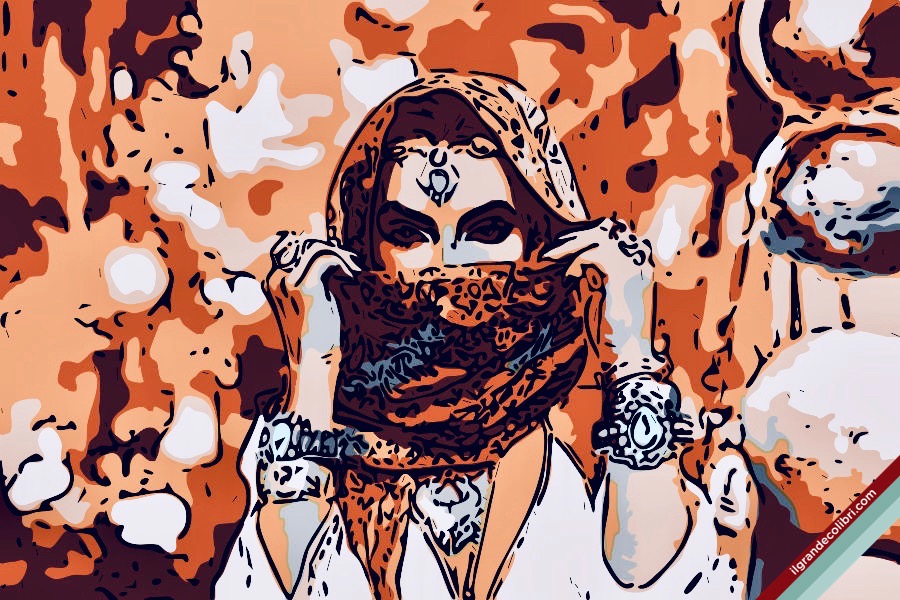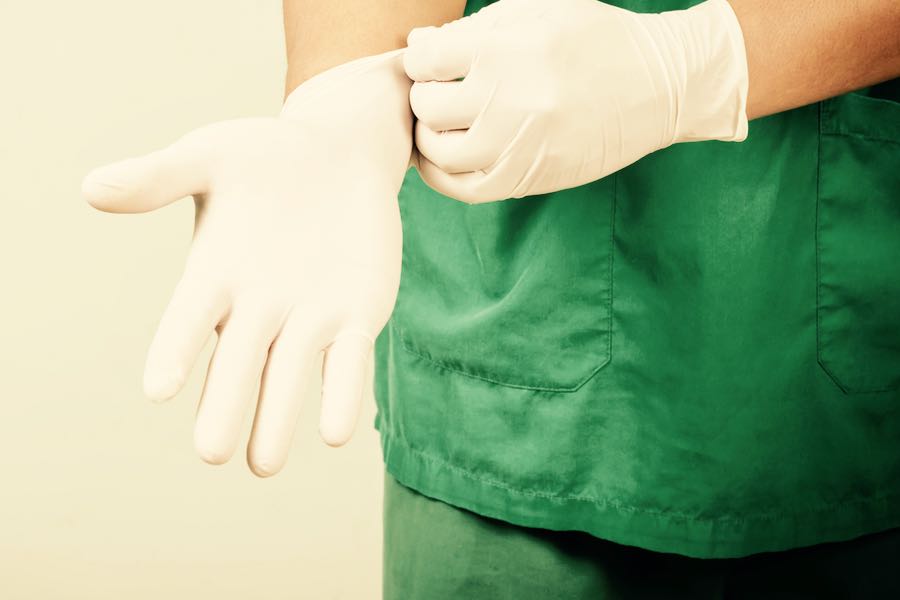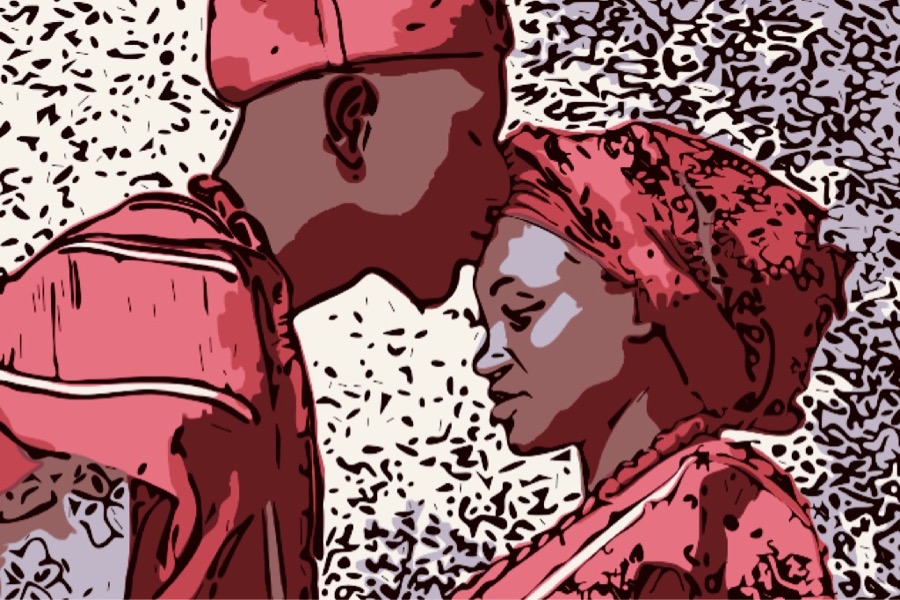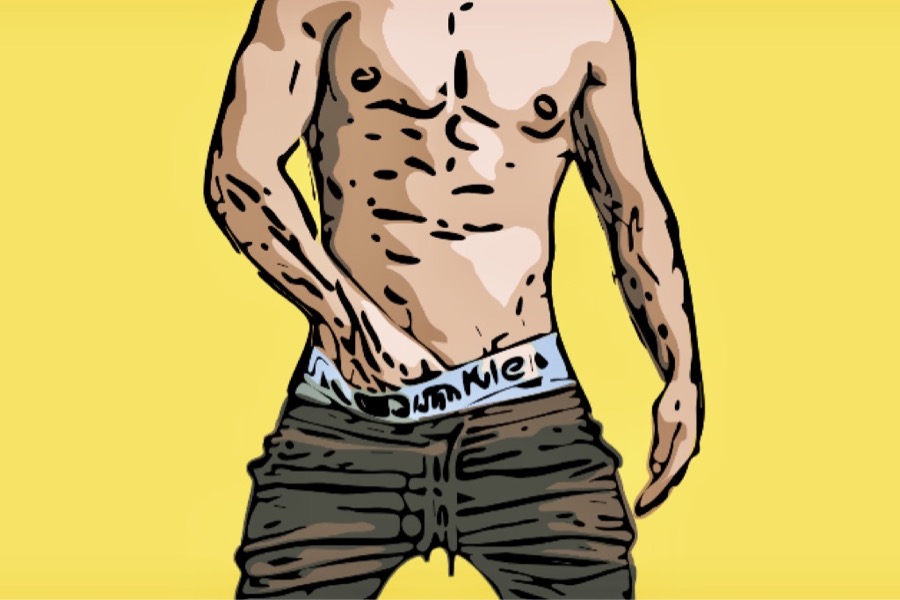I was born in Casablanca, the great economic capital city of Morocco. My city flourishes with people of all colors: Africans, Europeans, Americans … It is a popular city for immigration: people come from all over, in search of work and to have a better life, imagining this is everyone’s rights. I’ve lived among Muslims, Christians, and Jews because Morocco is multi-ethnic and throughout its history, many people have come here for socio-political reasons. This city is also a bridge between mother Africa and Europe, the continent of freedom, industrial and scientific innovation, the land of dreams.
Our country is known to be the land of hospitality and generosity. We have good food and our couscous is famous all over the world, just like the American movie “Casablanca” or our mint green tea -which for us is not only a hot drink but also a leisure moment for Moroccan women, meeting with friends and neighbors to chat and talk about their community.
Read also: Cleopatra and the Courage of Us African and Eastern Women
Sun and rainbow
The scent of ginger and saffron reaches the spice market from miles away -and speaking of the market- when browsing the fruit and vegetables, do not forget to taste both the green and the black olives, and to taste the olive oil with a slice of bread. We are also the land of argan oil, although for me it will always be called “gold oil”.
I still remember the rays of the sun and the warmth of a summer day, a unique and natural atmosphere. And I still remember the beach near my home where the great Hassan II Mosque rises over the ocean: a unique beauty. We span both the Atlantic and the Mediterranean sea, making Morocco the ideal place for seafood lovers: there are seafood restaurants everywhere, at low prices, and excellent quality.
Unfortunately, despite all this beauty and cultural wealth, despite the geographical and strategic position of the country, we are missing the rainbow flag. The symbol of sexual freedom. The right to live in peace and serenity with one’s own gender identity or sexual orientation, without prejudice, without risking incarceration.
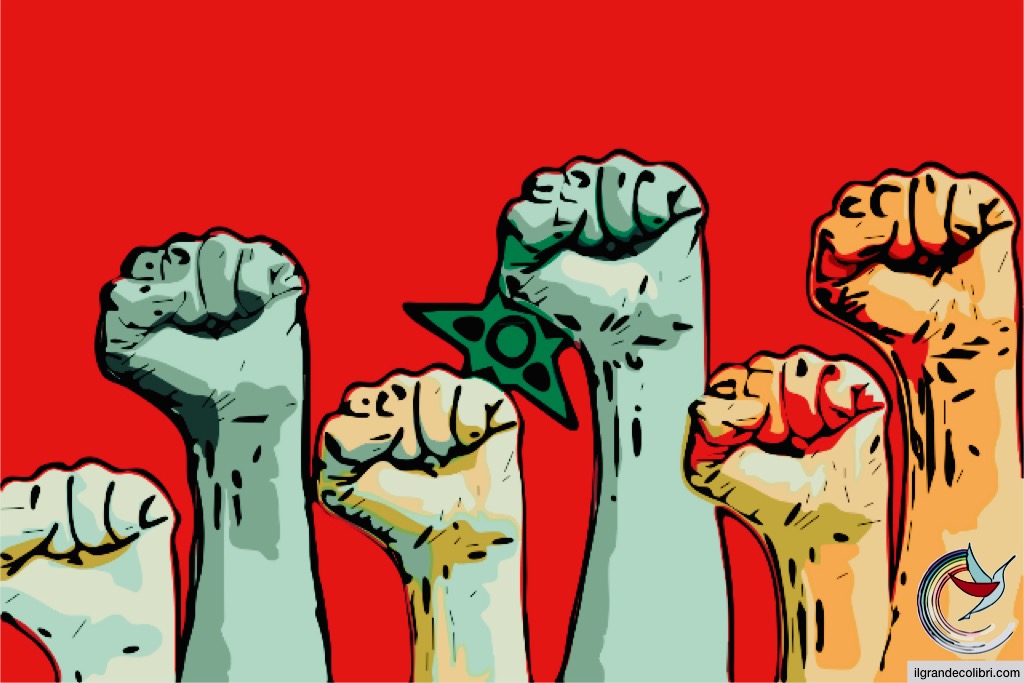 Sarah is dead
Sarah is dead
Arab activist Sarah Hegazi tried to raise the rainbow flag at a music concert in Egypt -another country inhabited by Arab brothers, where she was born and raised. Sarah died in Canada, away from her country, away from her family. Sarah was supposed to be the same as everyone else, instead, she did not have the right to choose her own rainbow color, she wasn’t allowed to live her sexual orientation peacefully and freely.
The Arab community had already planned everything for her. The plan was to finish her studies, find the right husband, and have children: the classic Arab woman’s life path. Perhaps, she could have had a job just like her husband, while still wearing the veil to prove she was an honest woman and respectful of tradition.
Read also: LGBT Persecution in Egypt: 3 Charges Against Cairo and Rome
Love thieves
Let’s travel back to Morocco. Here, when you look at the sky after it rains, you can always see the rainbow. You can deny it, you can pretend and close your eyes, yet you can’t erase its existence. As there have always been “ghosts” in our society, the LGBTQIA community (lesbian, gay, bisexual, trans, queer, intersex, and asexual) exists, but it is hidden. Moroccan culture and tradition do not allow sexual freedom, especially that of Arab Muslim women. In Morocco, you can have all the conditional freedom you desire: you can do anything as long as it is concealed so as to protect the image of the traditional culture of the country. And that is how two Moroccan women who love each other become thieves of forbidden love.
H. M.
translation by Barbara Burgio
©2020 Il Grande colibrì
images: elaboration from Abdelmalek er (CC BY-SA 4.0) / Il Grande Colibrì

